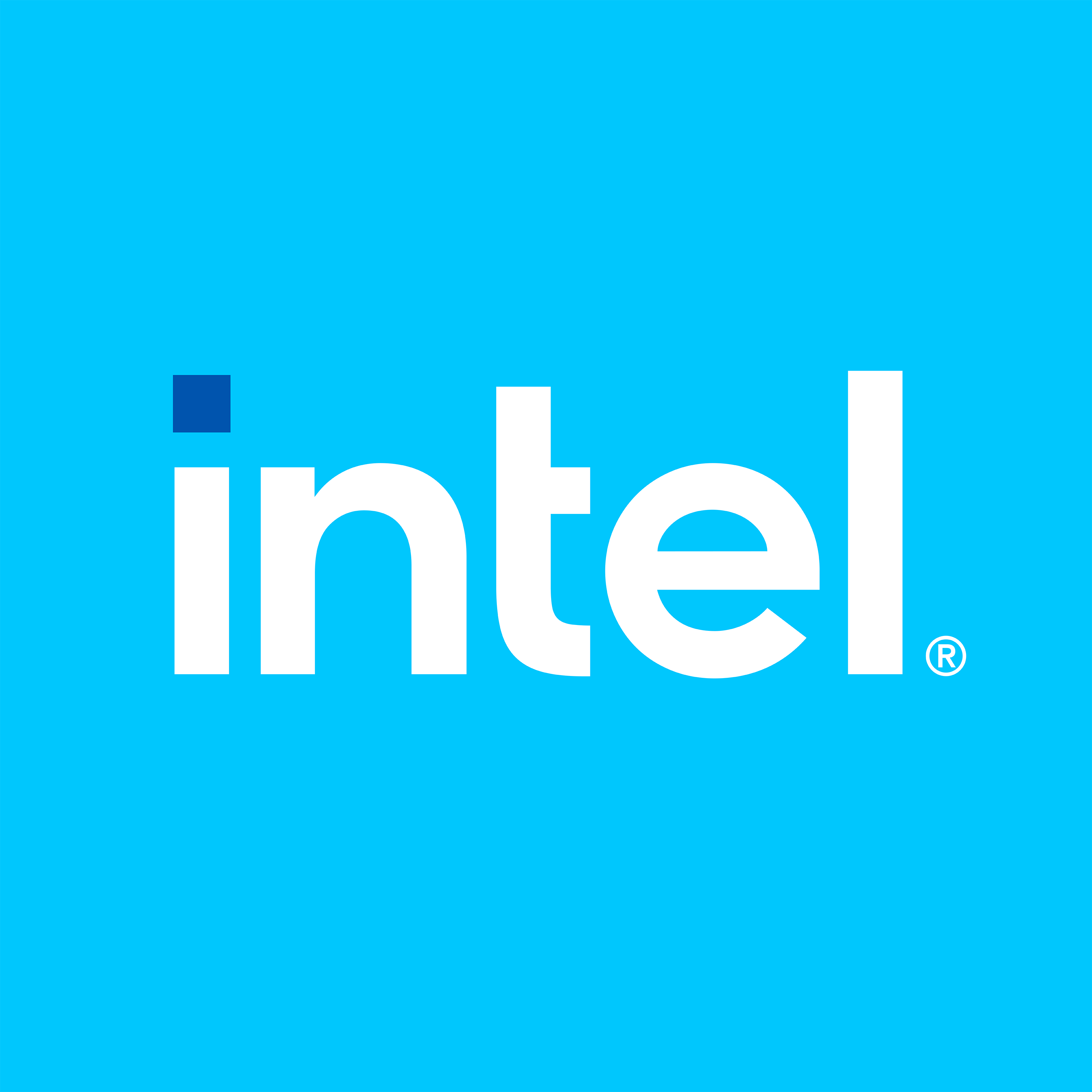How to use an AI Model and Video File of your own#
For docker compose based deployment#
You can bring your own model and run this sample application the same way as how we bring in the weld porosity classification model. You can also bring your own video file source. Please see below for details:
The weld porosity classification model is placed as below in the repository under
models. You can also find the input video file source for inference undervideos.
resources/
models/
weld_porosity/
weld_porosity_classification/
deployment/
Classification/
model/
model.bin
model.xml
videos/
welding.avi
Note You can organize the directory structure for models for different use cases.
The
resourcesfolder containing both the model and video file is volume mounted into DL Streamer Pipeline Server indocker-compose.yml(present in the repository) file as follows:volumes: - ./resources/:/home/pipeline-server/resources/Since this is a classification model, ensure to use gvaclassify in the pipeline. For example: See the
"/home/pipeline-server/resources/models/weld_porosity/weld_porosity_classification/deployment/Classification/model/model.xml"pipeline inconfig.json(present in the repository) where gvaclassify is used.The
config.jsonis volume mounted into DL Streamer Pipeline Server indocker-compose.ymlas follows:volumes: - ./configs/config.json:/home/pipeline-server/config.jsonProvide the model path and video file path in the REST/curl command for starting an inferencing workload. Example:
curl http://<HOST_IP>:8080/pipelines/user_defined_pipelines/"/home/pipeline-server/resources/models/weld_porosity/weld_porosity_classification/deployment/Classification/model/model.xml" -X POST -H 'Content-Type: application/json' -d '{ "source": { "uri": "file:///home/pipeline-server/resources/videos/welding.avi", "type": "uri" }, "destination": { "frame": { "type": "webrtc", "peer-id": "samplestream" } }, "parameters": { "classification-properties": { "model": "/home/pipeline-server/resources/models/weld_porosity/weld_porosity_classification/deployment/Classification/model/model.xml", "device": "CPU" } } }'
For helm chart based deployment#
You can bring your own model and run this sample application the same way as how we bring in the weld porosity classification model as follows:
The weld porosity classification model is placed as below in the repository under
models. You can also find the input video file source for inference undervideos.
resources/
models/
weld_porosity/
weld_porosity_classification/
deployment/
Classification/
model/
model.bin
model.xml
videos/
welding.avi
Note You can organize the directory structure for models for different use cases.
Copy your new AI model (weld porosity classification model used here as an example) and video file to
dlstreamer-pipeline-serverpod.POD_NAME=$(kubectl get pods -n apps -o jsonpath='{.items[*].metadata.name}' | tr ' ' '\n' | grep deployment-dlstreamer-pipeline-server | head -n 1) kubectl cp <repo_workdir>/resources/videos/welding.avi $POD_NAME:/home/pipeline-server/resources/videos/ -c dlstreamer-pipeline-server -n apps kubectl cp <repo_workdir>/resources/models/weld_porosity/ $POD_NAME:/home/pipeline-server/resources/models/ -c dlstreamer-pipeline-server -n appsNote You need to run the above commands only after performing the Helm install, and before executing any pipeline. Make sure to replace the ‘apps’ namespace in the above command with the namespace you are using.
Since this is a classification model, ensure to use gvaclassify in the pipeline. For example: See the
weld_porosity_classificationpipeline inconfig.json(present in the repository) where gvaclassify is used.The
config.jsonis volume mounted into DL Streamer Pipeline Server inprovision-configmap.yamlas follows:apiVersion: v1 kind: ConfigMap metadata: namespace: {{ .Values.namespace }} name: dlstreamer-pipeline-server-config-input data: config.json: |- {{ .Files.Get "config.json" | indent 4 }}
Provide the model path and video file path in the REST/curl command for starting an inferencing workload. Example:
curl http://<HOST_IP>:31107/pipelines/user_defined_pipelines/weld_porosity_classification -X POST -H 'Content-Type: application/json' -d '{ "source": { "uri": "file:///home/pipeline-server/resources/videos/welding.avi", "type": "uri" }, "destination": { "frame": { "type": "webrtc", "peer-id": "samplestream" } }, "parameters": { "classification-properties": { "model": "/home/pipeline-server/resources/models/weld_porosity/weld_porosity_classification/deployment/Classification/model/model.xml", "device": "CPU" } } }'
